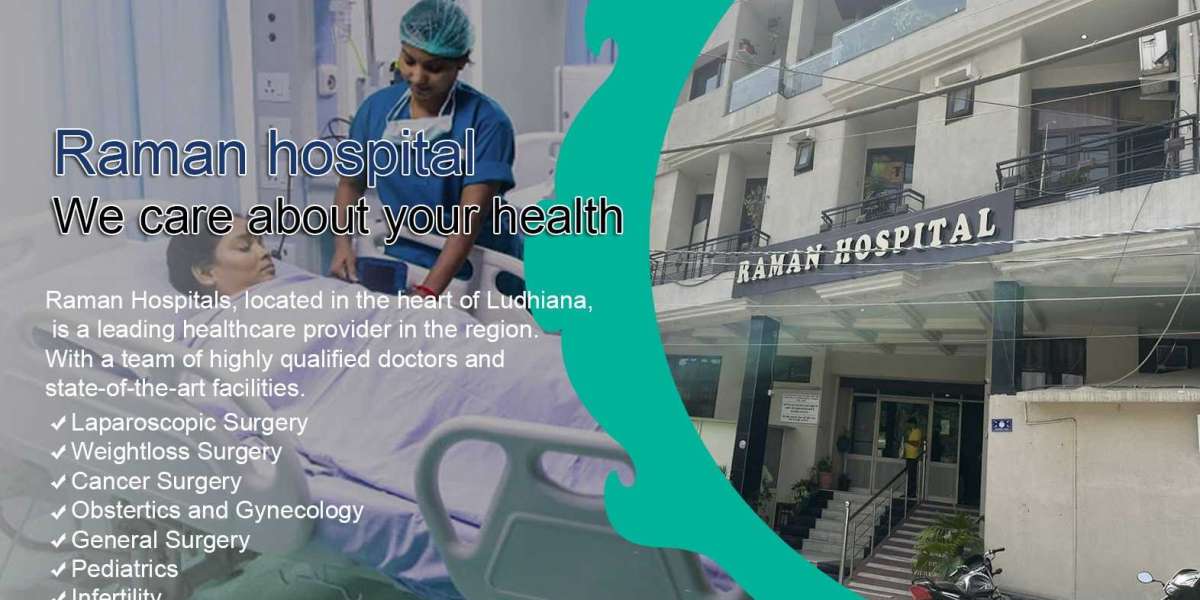Laparoscopic surgery is a minimally invasive surgical procedure used to diagnose and treat various conditions, including those affecting fertility.
In this article, we will address common questions related to the duration of specific surgeries, sleeping after laparoscopic surgery, and the impact of laparoscopy on fertility and conception.
What Surgery Takes 4 Hours?
The duration of a surgery depends on the specific procedure being performed and individual patient factors. Some laparoscopic surgeries may take around 4 hours, while others can be shorter or longer.
For example, a complex laparoscopic hysterectomy or myomectomy may take up to 4 hours or more, depending on the size and location of the uterus or fibroids and the patient's overall health.
However, many laparoscopic procedures, such as appendectomy or cholecystectomy, typically take less time.
How to Sleep After Laparoscopic Surgery?
Sleeping comfortably after laparoscopic surgery can be challenging due to incision pain, abdominal discomfort, and gas trapped in the abdomen. Here are some tips to help you sleep better after laparoscopic surgery:
Support your abdomen: Use pillows to support your abdomen and reduce strain on your incisions. You can place a pillow under your knees or on either side of your body to provide additional support.
Sleep on your back or side: Sleeping on your back or side can help alleviate discomfort caused by trapped gas in the abdomen. Avoid sleeping on your stomach, as it can put pressure on your incisions.
Use pain medication as directed: Take pain medication as prescribed by your surgeon to manage discomfort and help you sleep more comfortably.
Walk around during the day: Gentle walking and movement during the day can help reduce gas and promote healing, making it easier to sleep at night.
Will Laparoscopy Improve Fertility?
Laparoscopic surgery can improve fertility in certain cases, depending on the underlying condition being treated.
For example, laparoscopic surgery to remove endometriosis, ovarian cysts, or scar tissue (adhesions) may improve fertility by restoring normal anatomy and function to the reproductive organs.
However, laparoscopy is not a guarantee of improved fertility, and individual results may vary.
It is essential to discuss your fertility concerns with your surgeon before undergoing laparoscopic surgery.
Can I Conceive 2 Months After Laparoscopy?
The timing of conception after laparoscopic surgery depends on the specific procedure performed and your individual healing process.
In general, it is recommended to wait at least one full menstrual cycle after laparoscopic surgery before attempting to conceive.
This allows time for your body to heal and any hormonal medications used during the procedure to clear from your system. However, it is essential to consult with your surgeon or gynecologist for personalized advice based on your specific situation.
Can I Get Pregnant 3 Months After Laparoscopy?
In many cases, it is possible to get pregnant 3 months after laparoscopic surgery, assuming that your body has healed properly and your surgeon has cleared you for attempting conception.
However, the timing may vary depending on the specific procedure performed and your individual healing process. It is crucial to follow your surgeon's recommendations and attend all postoperative appointments to ensure that your body has healed adequately before attempting to conceive.
Conclusion
Laparoscopic surgery is a versatile and minimally invasive procedure used to diagnose and treat various conditions, including those affecting fertility.
The duration of the surgery, sleeping arrangements after the procedure, and the impact on fertility and conception vary depending on the specific procedure and individual patient factors.
It is essential to discuss your concerns and expectations with your surgeon before undergoing laparoscopic surgery to ensure the best possible outcome and a smooth recovery process.








